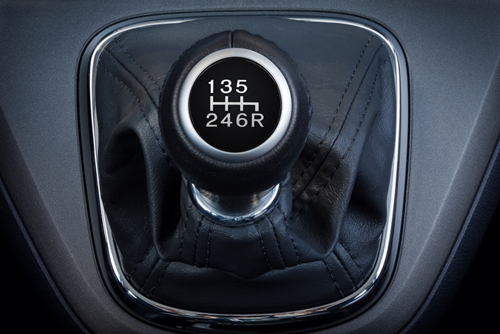Dearborn, Mich. — March 27, 2017 — Drivers in some Ford vehicles face possible risk from faulty air bag systems, according to a new recall from Ford. In a press release, the manufacturer announced the details surrounding a safety compliance recall that could possibly cause confusion among consumers: Although it involves Takata air bags, it is not a part of the massive international Takata air bag safety recall efforts.
The Defect
The manufacturer said that two possible problems could stem from this defect: Air bags in affected vehicles could either detach entirely or fail to inflate. Both cases are likely in exactly 31,867 vehicles across North America, the majority of which (27,531) are in the U.S. The models involved include Ford Edge vehicles as well as Lincoln Continental and MKX examples with the 2016 and 2017 model years.
Timeline of Events
- Nov. 11, 2014: Lincoln MKX production began.
- Oct. 8, 2015: Earliest production date for affected Ford Edge vehicles.
- Jan. 13, 2016: Assembly for affected Lincoln Continental vehicles began.
- Jan. 18, 2017: Last production date for affected 2017 Lincoln Continental vehicles.
- Feb. 15, 2017: Latest production date for both Ford Edge and Lincoln MKX autos involved in this recall.
- Mar. 2, 2017: Ford published the press release online addressing the issue in all vehicles.
The Resolution
Though the press release did not delve into specifics, Ford mentioned that it would replace faulty air bag modules and help the vehicles comply with federal standards, particularly involving occupant crash protection, FMVSS 208. There were no issues connected to this defect as of March 2, the day of the recall statement’s publication.
In October 2016, the 2016 Ford Edge was involved in a different recall pertaining to electronic stability control within just 53 units. Ford said that its dealers would replace the anti-lock braking systems as part of the repair process, according to an official recall acknowledgement.

